
Jasmin constantly cancels plans with his girlfriend Rose because he's convinced Rose will get upset if he needs some "me-time." Fearing rejection, Jasmin prioritizes spending time with Rose, even when he needs personal time to recharge, leading him to constantly cancel plans. These cancellations leave Rose feeling confused and hurt, which can strain their relationship.
We all carry around a set of beliefs that shape our perceptions and experiences. But sometimes, these beliefs can become ingrained and unhelpful, leading us down a path of negativity and self-doubt. These are what we call dysfunctional beliefs.
What are Dysfunctional Beliefs?
Dysfunctional beliefs are rigid, negative thoughts that distort our reality and lead to emotional distress or unhealthy behaviors. They often stem from past experiences, societal pressures, or self-criticism. Here are some common examples:
All-or-Nothing Thinking: Seeing things in extremes, like "If I don't succeed at this, I'm a complete failure."
Overgeneralization: Making sweeping negative statements based on isolated events, like "Everyone will judge me."
Mental Filtering: Focusing solely on the negative aspects of a situation while ignoring the positive.
Disqualifying the Positive: Downplaying accomplishments or attributing them to luck rather than skill.
Mind Reading: Assuming you know what others are thinking, often negatively.
Emotional Reasoning: Believing your emotions reflect reality, like "I feel anxious, therefore this situation is dangerous."
How Do Dysfunctional Beliefs Affect Us?
These distorted thought patterns can negatively impact various aspects of our lives:
Relationships: They can lead to distrust, difficulty connecting with others, and a fear of intimacy.
Work and Academics: They can fuel self-doubt, hinder motivation, and create performance anxiety.
Mental Health: They can contribute to anxiety, depression, and low self-esteem.
Navigating the Currents: Strategies for Change
The good news is that dysfunctional beliefs are not set in stone. Here are some strategies to challenge them and cultivate healthier thought patterns:
Identify Your Beliefs: Become aware of the negative thoughts that arise in different situations.
Challenge the Evidence: Ask yourself, "Is this thought truly accurate?" Look for evidence to the contrary.
Develop More Balanced Beliefs: Consider alternative, more realistic explanations for situations.
Cognitive Restructuring: Practice reframing negative thoughts into more positive or helpful ones.
Seek Professional Help: Therapists trained in cognitive behavioral therapy (CBT) can be invaluable in identifying and replacing dysfunctional beliefs.
Remember: Change takes time and effort. Be patient with yourself, celebrate small victories, and don't be afraid to seek support. By recognizing and challenging these unhelpful beliefs, you can create a more positive and fulfilling life.
Additional Tips:
Practice Self-Compassion: Treat yourself with kindness and understanding, as you would a friend.
Focus on the Present: Don't dwell on the past or worry excessively about the future.
Mindfulness Techniques: Activities like PMR, meditation can help you become more aware of your thoughts and feelings without judgment.
Positive Self-Talk: Counter negative thoughts with affirmations that highlight your strengths and capabilities.
By taking these steps, you can navigate the undertow of dysfunctional beliefs and set sail towards a brighter future.
- Dr. Vivek G Vasoya MD (Homeopathic Psychiatrist)
Dr. Vasoya's Healing Homoeopathy - Psychiatrist/Counseling (Cognitive Behavioral Therapy)/Geriatric Clinic in Rajkot https://g.co/kgs/CP2Expg


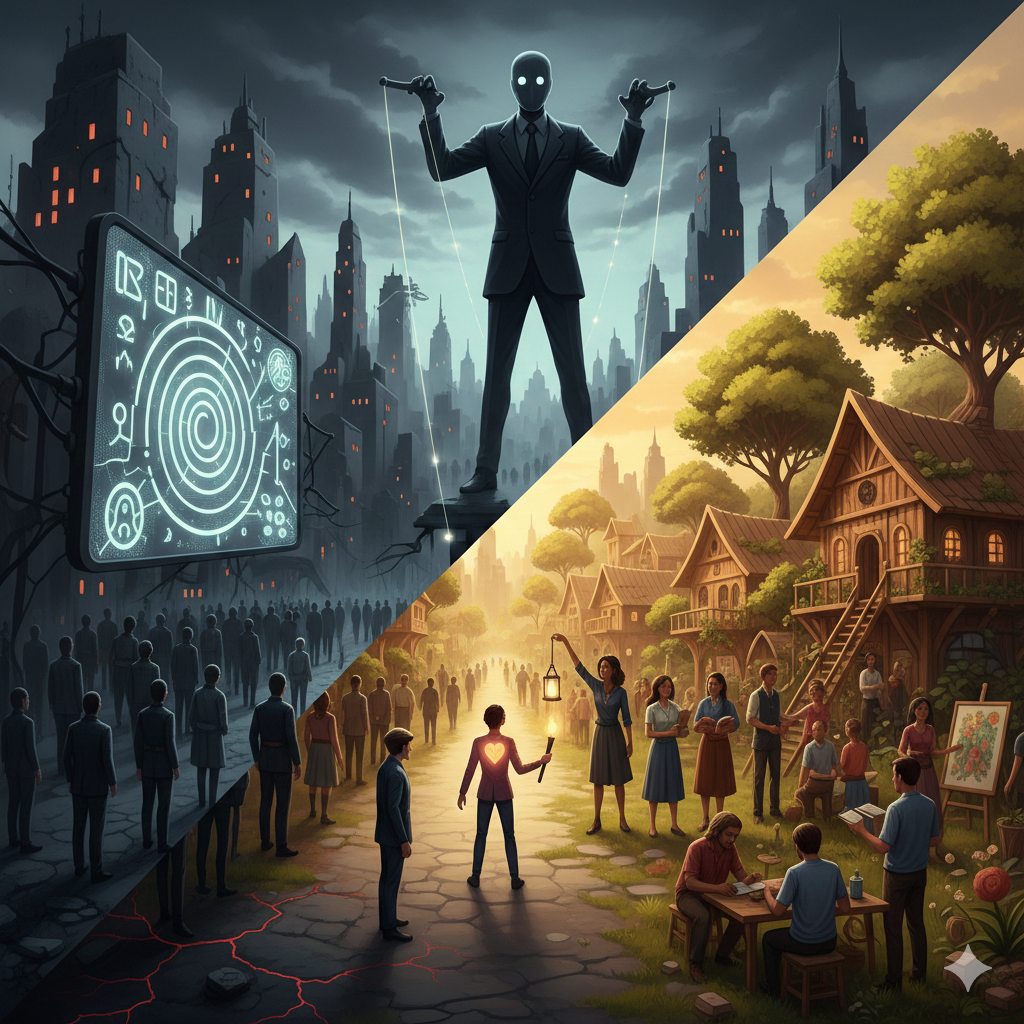

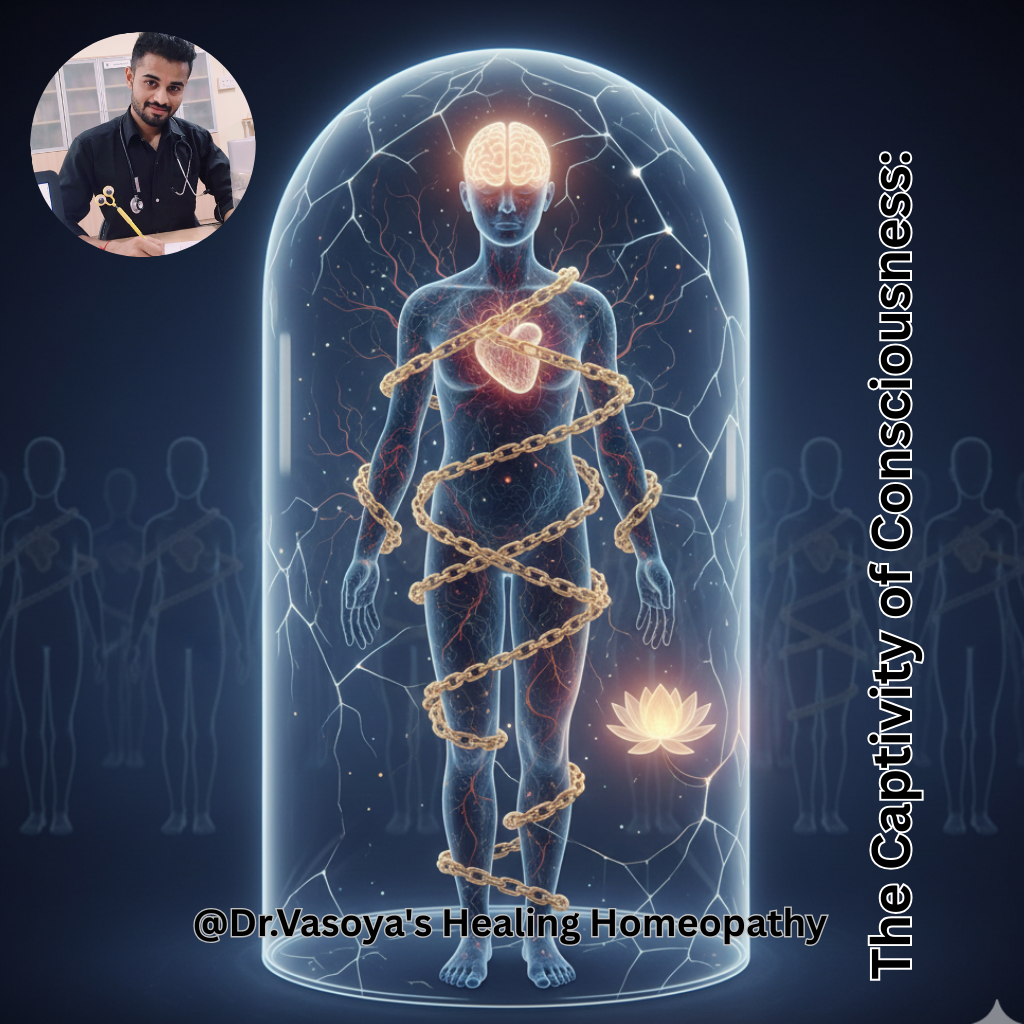

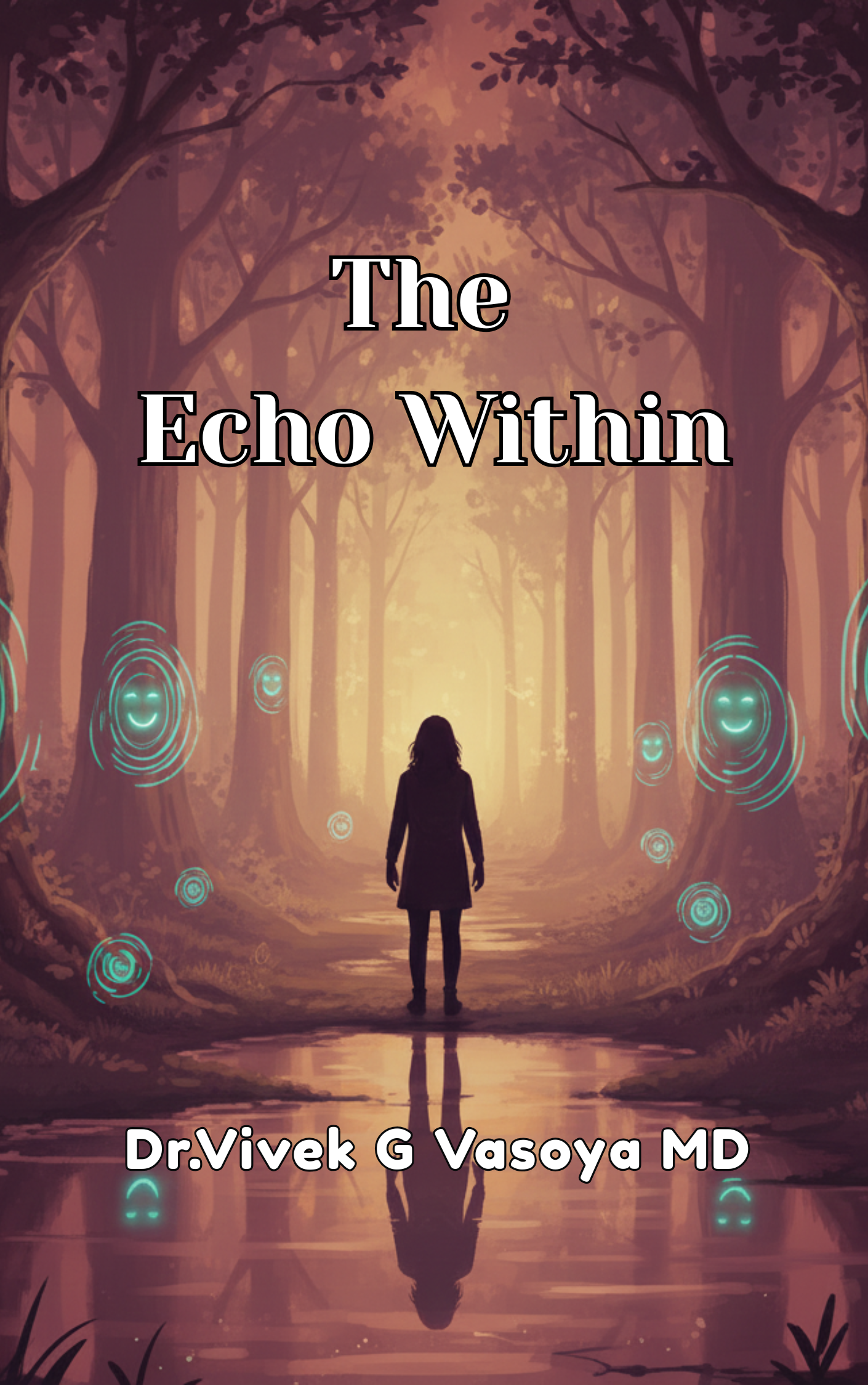


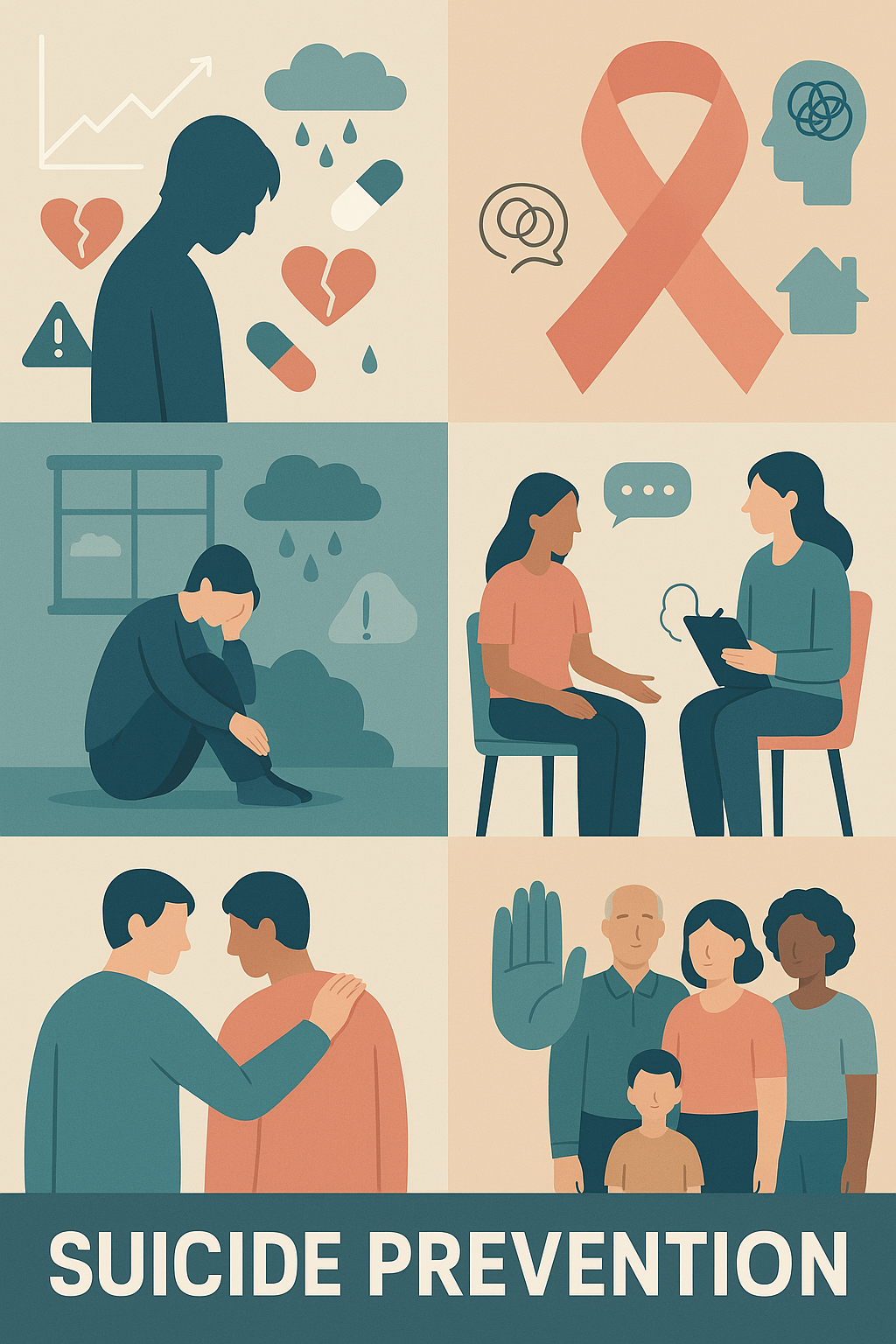
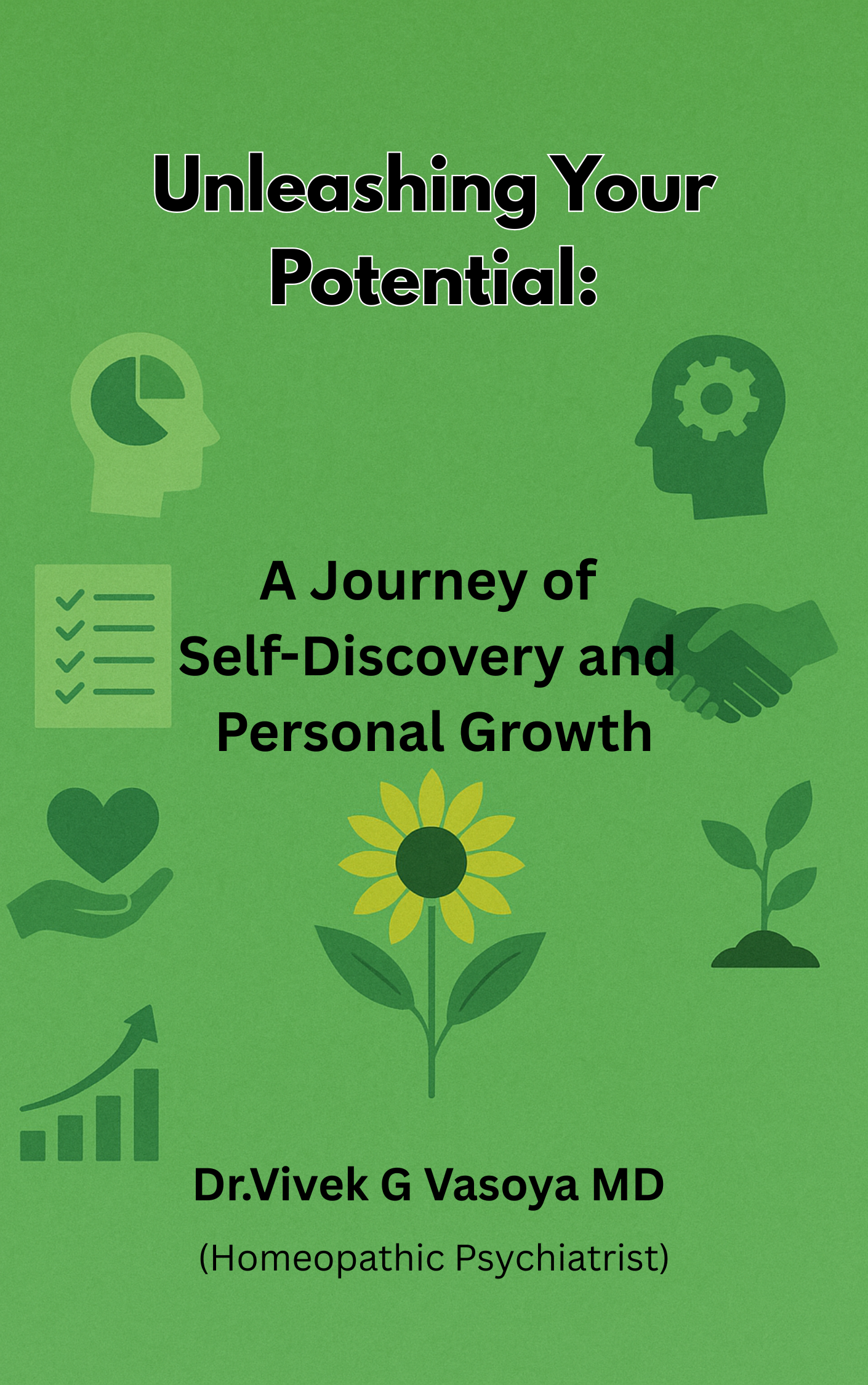
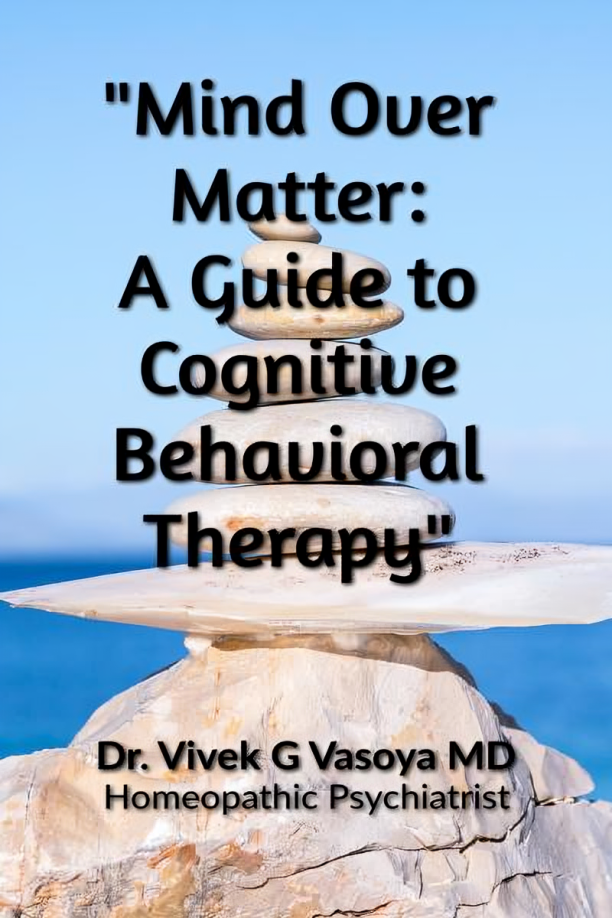
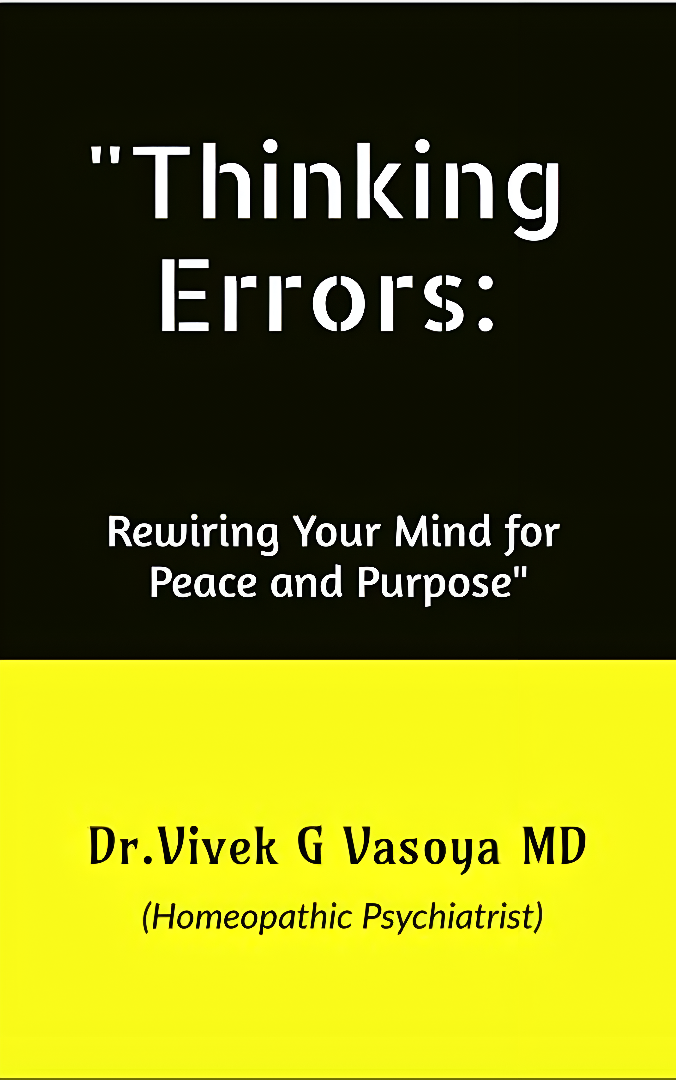
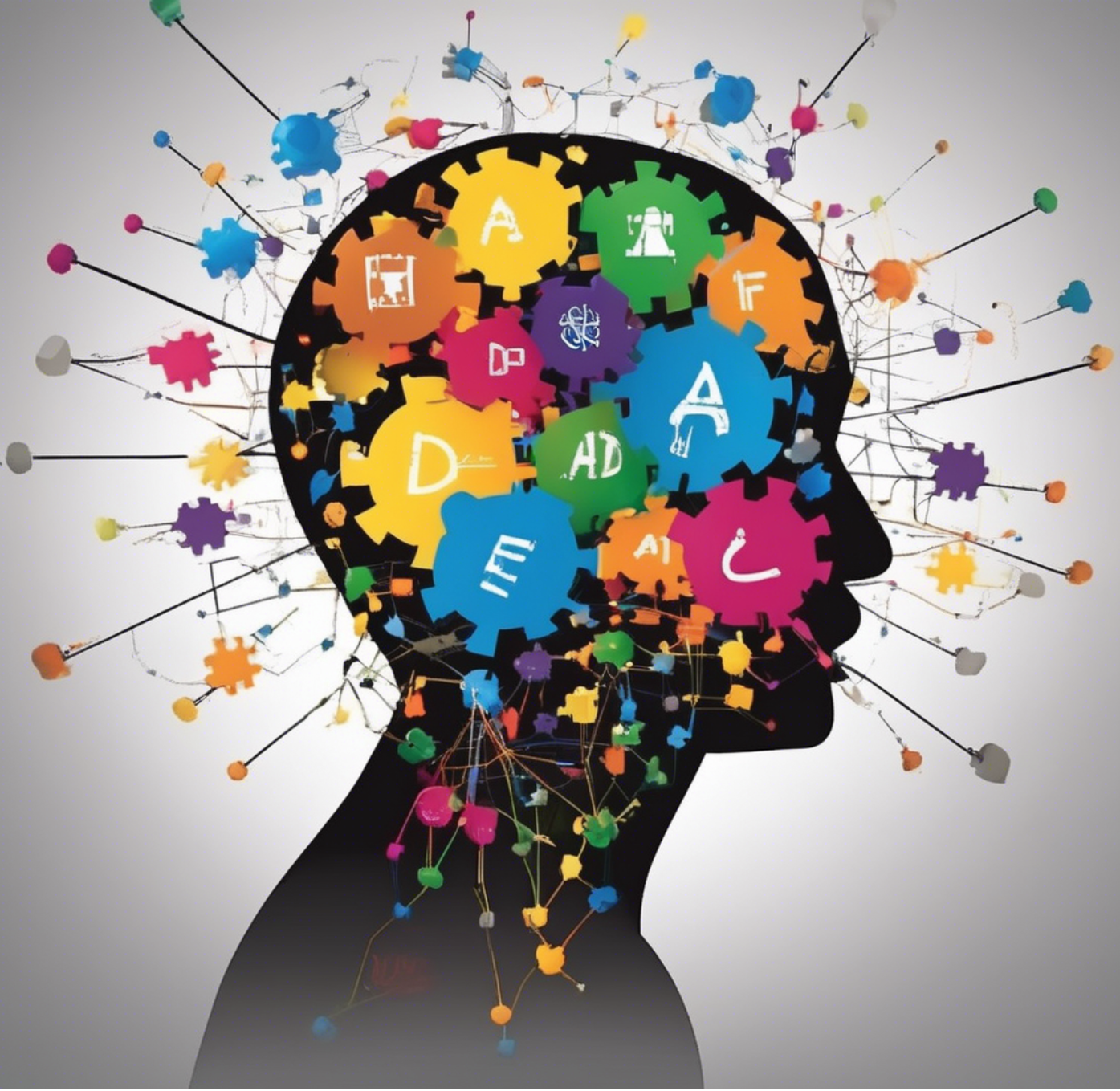
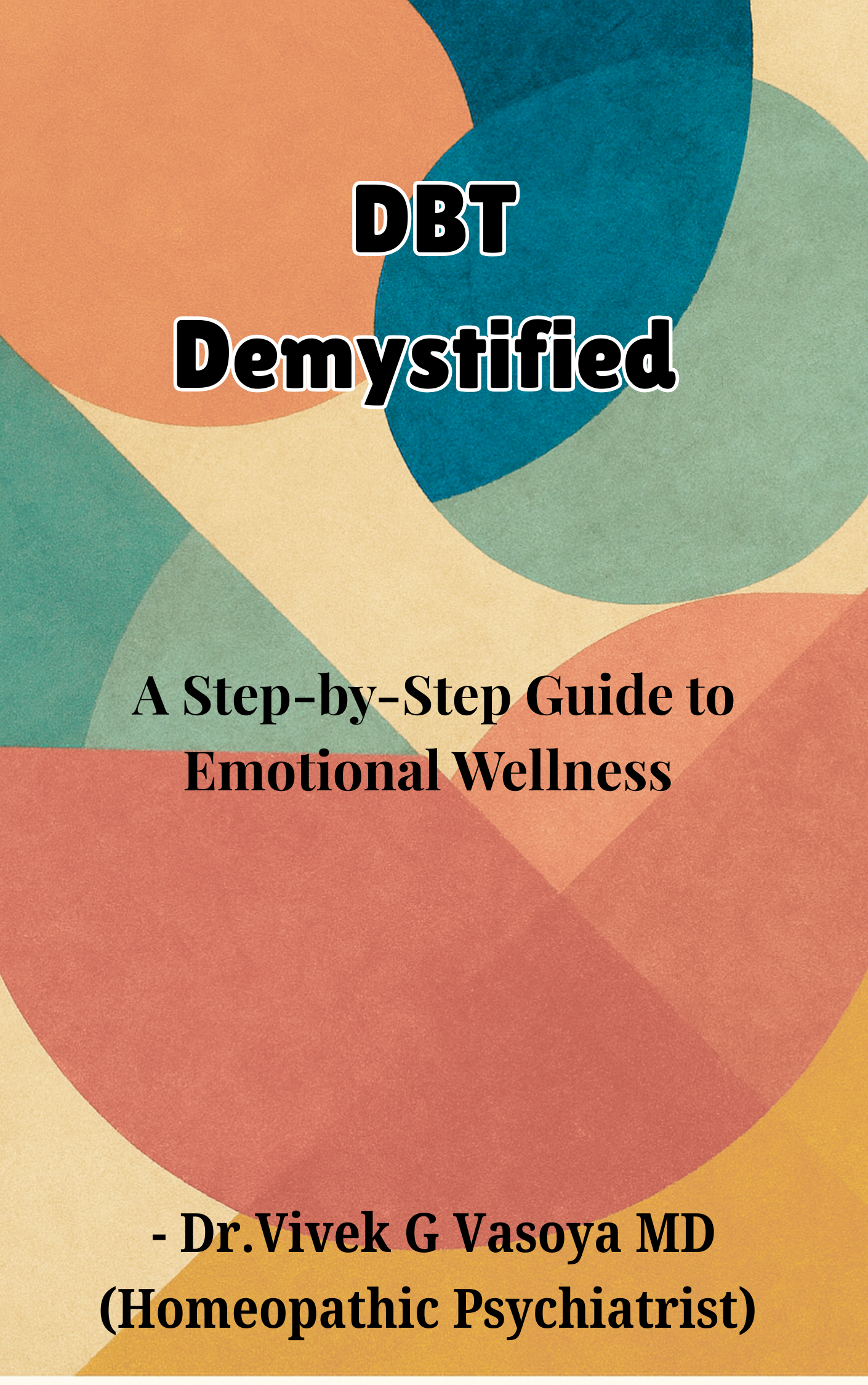
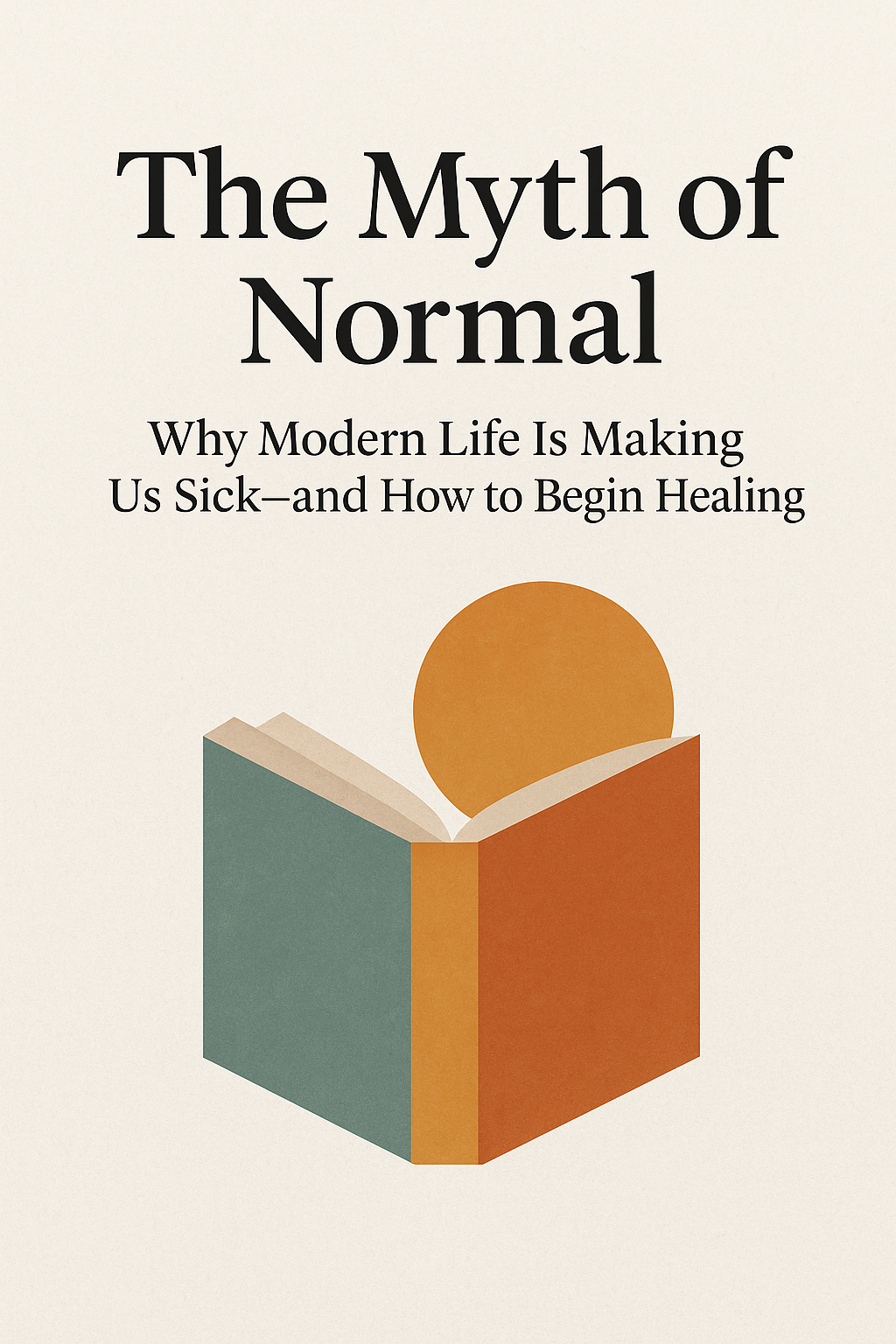
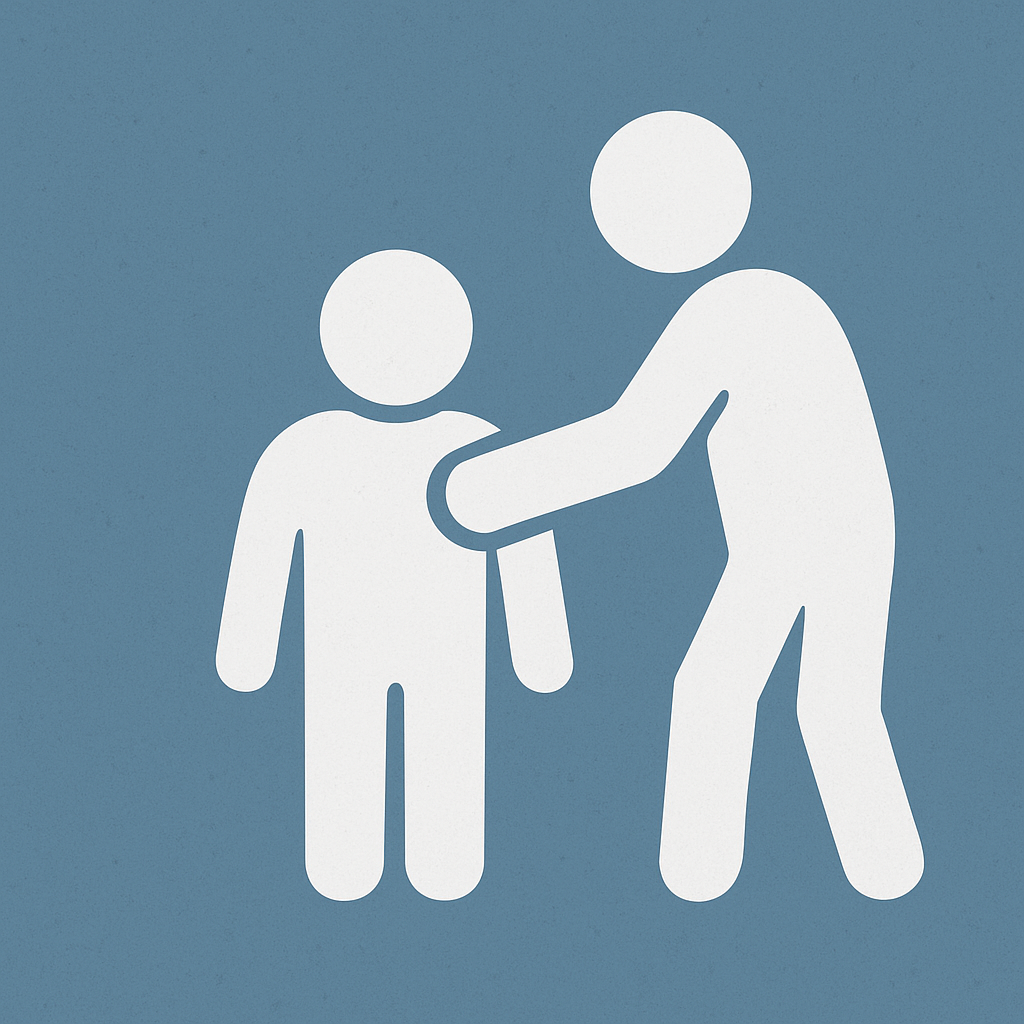
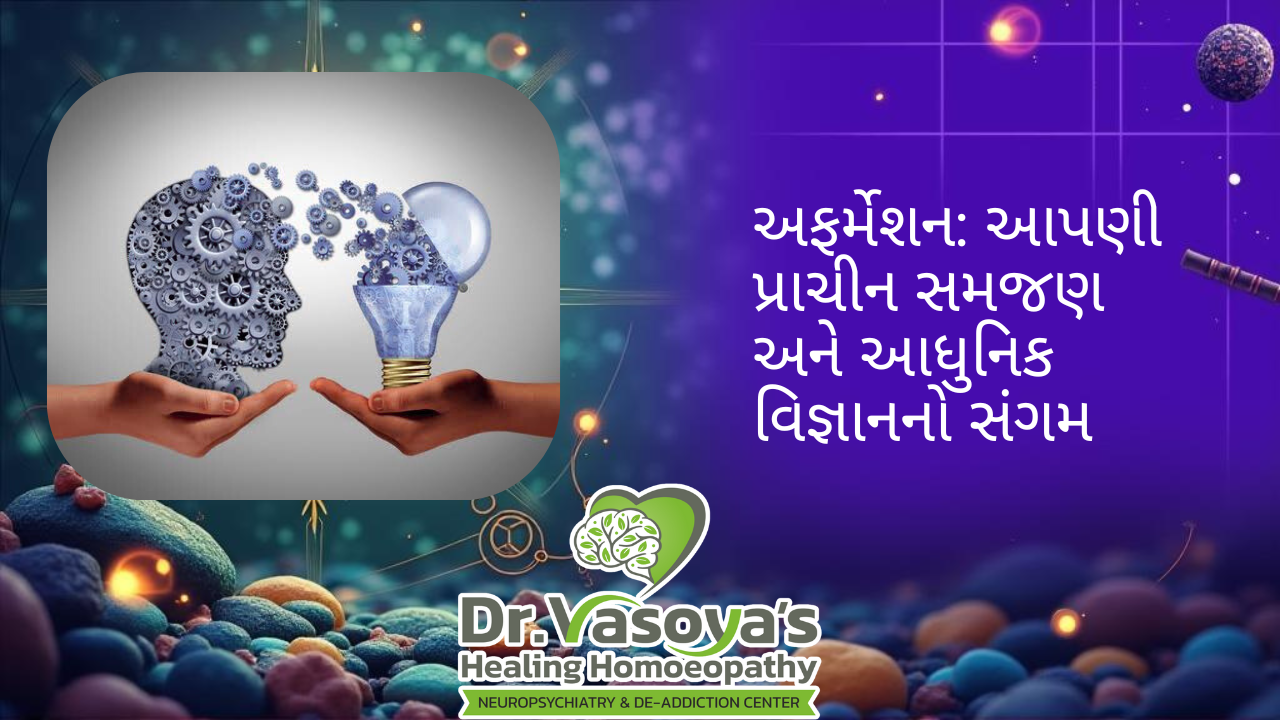

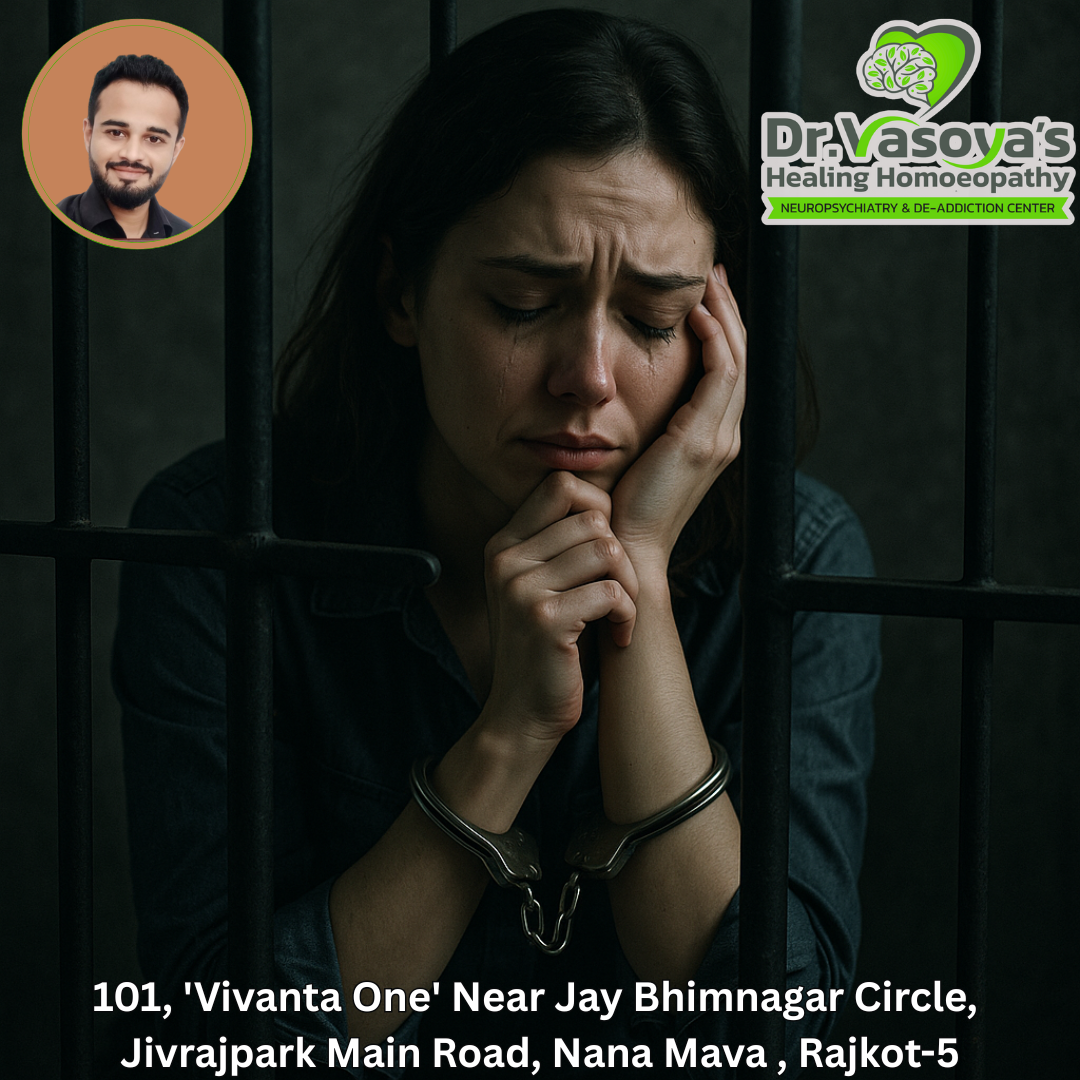

Write a comment ...